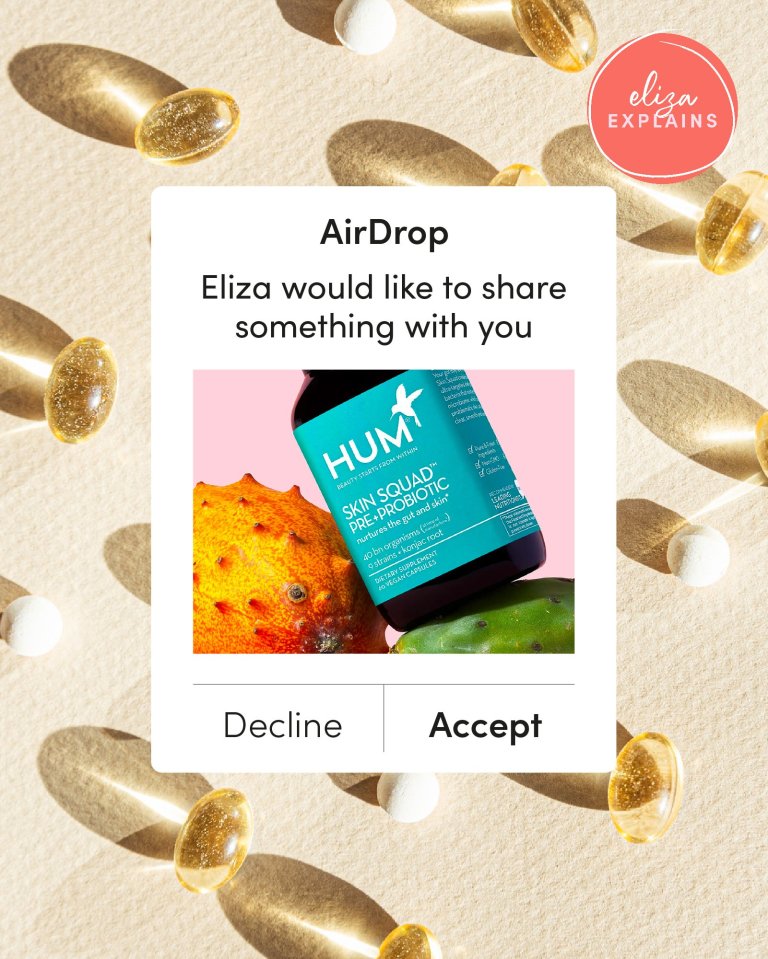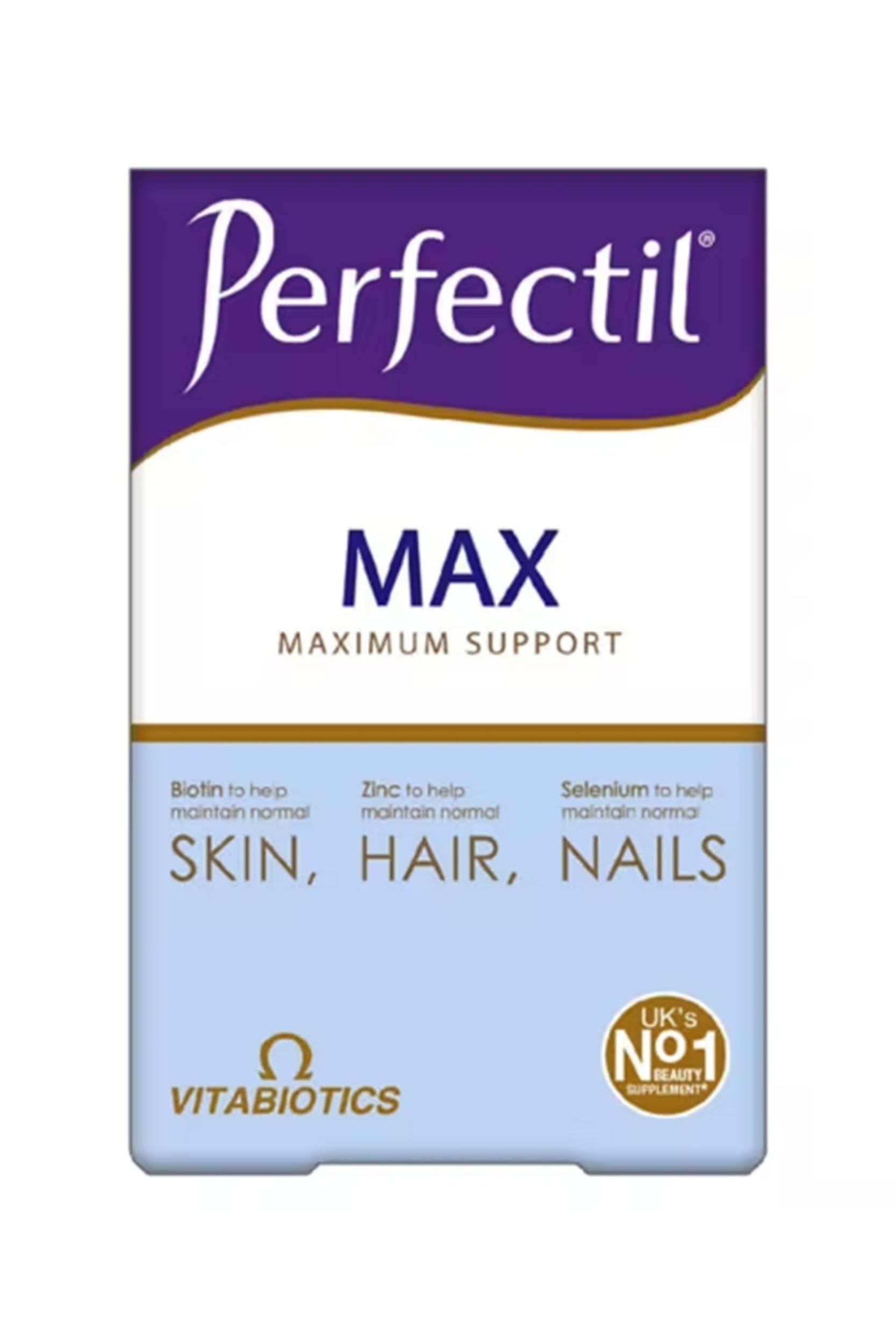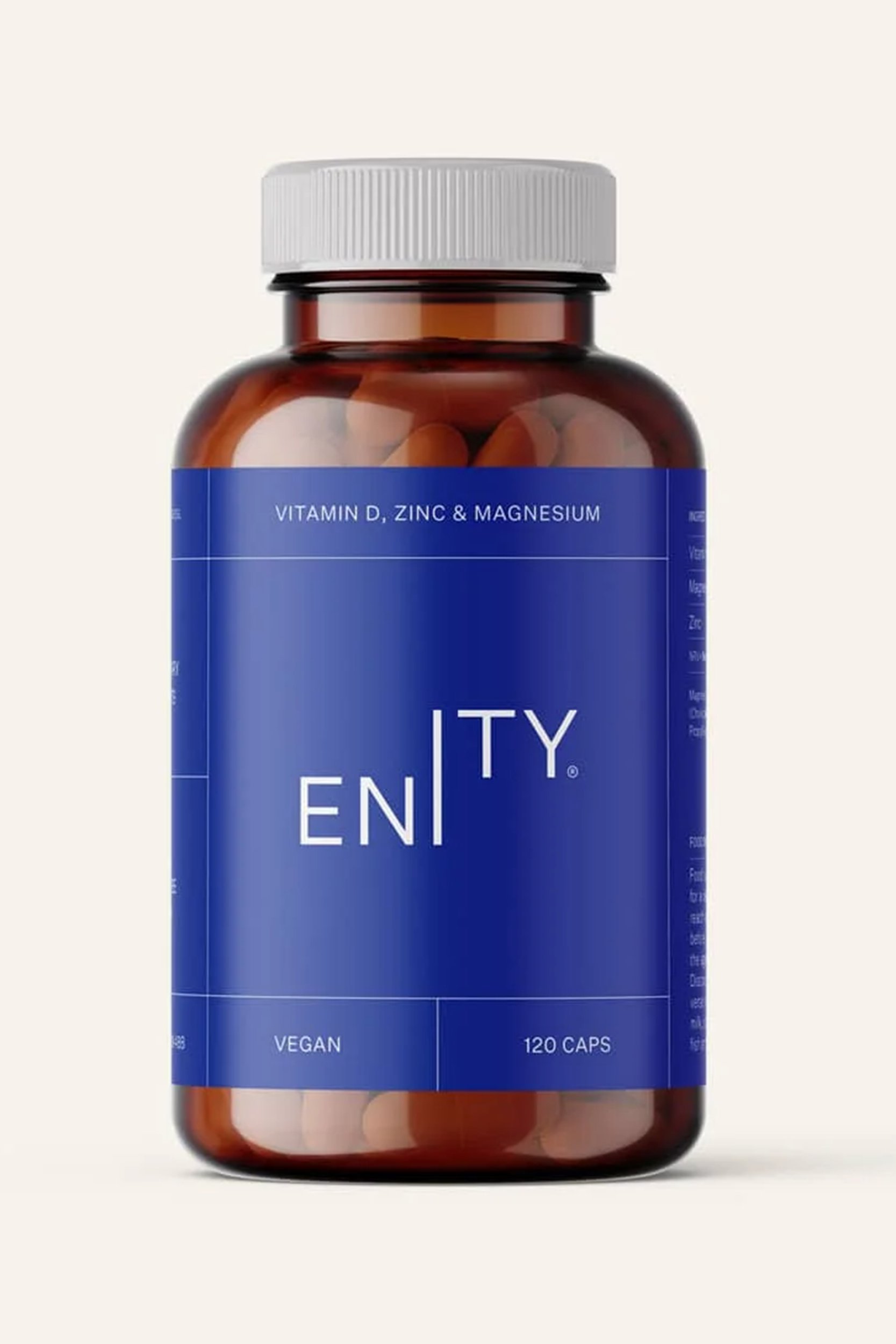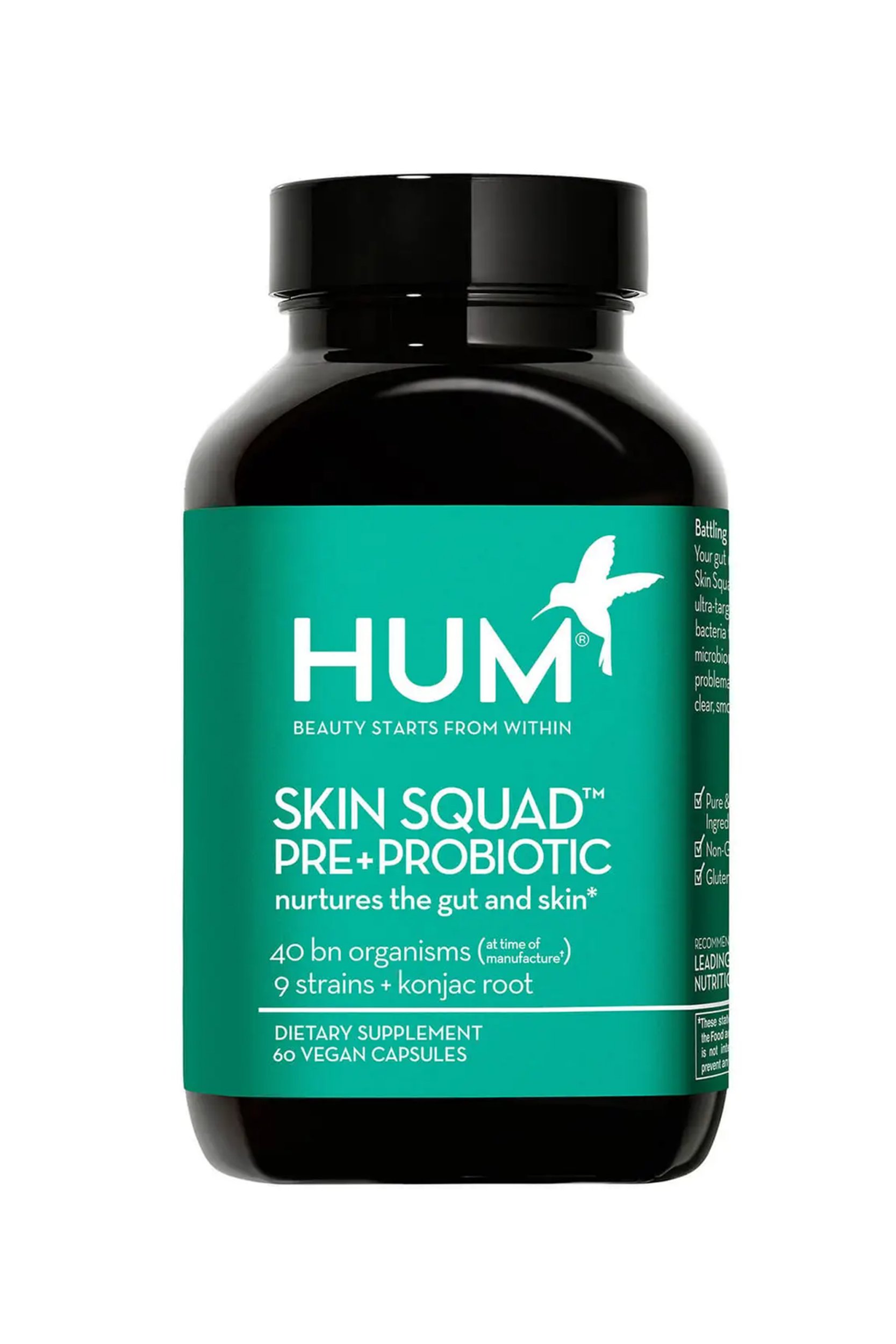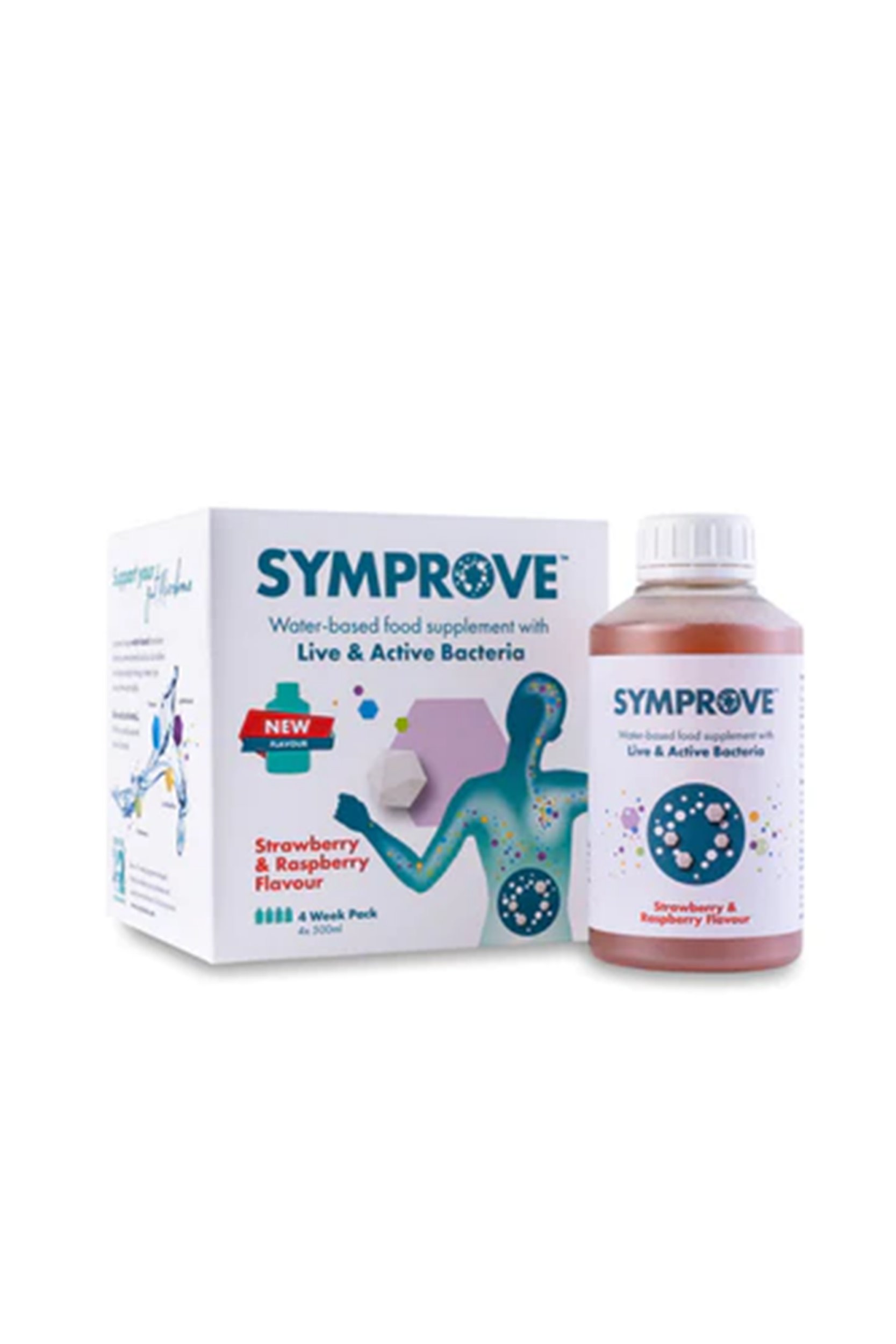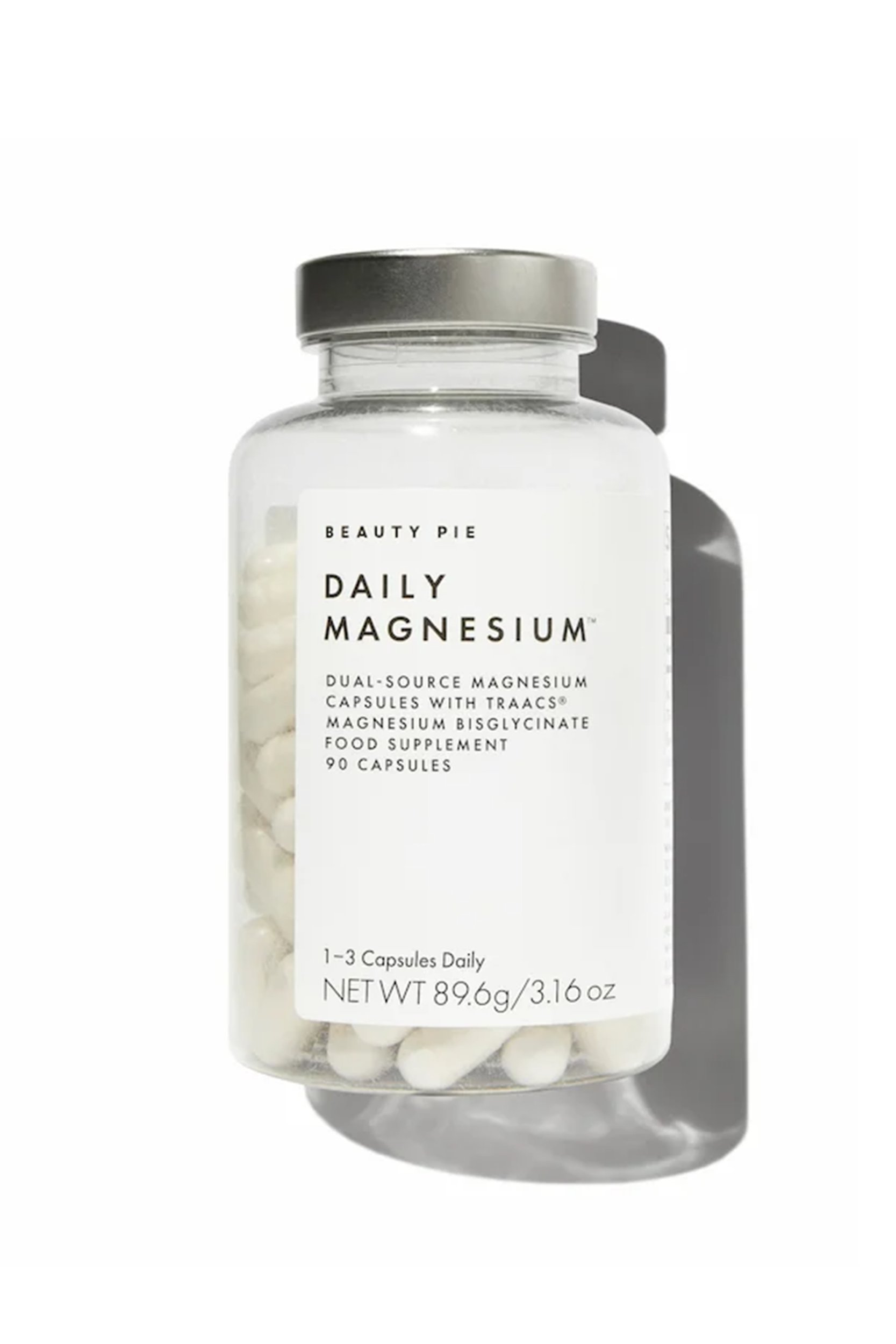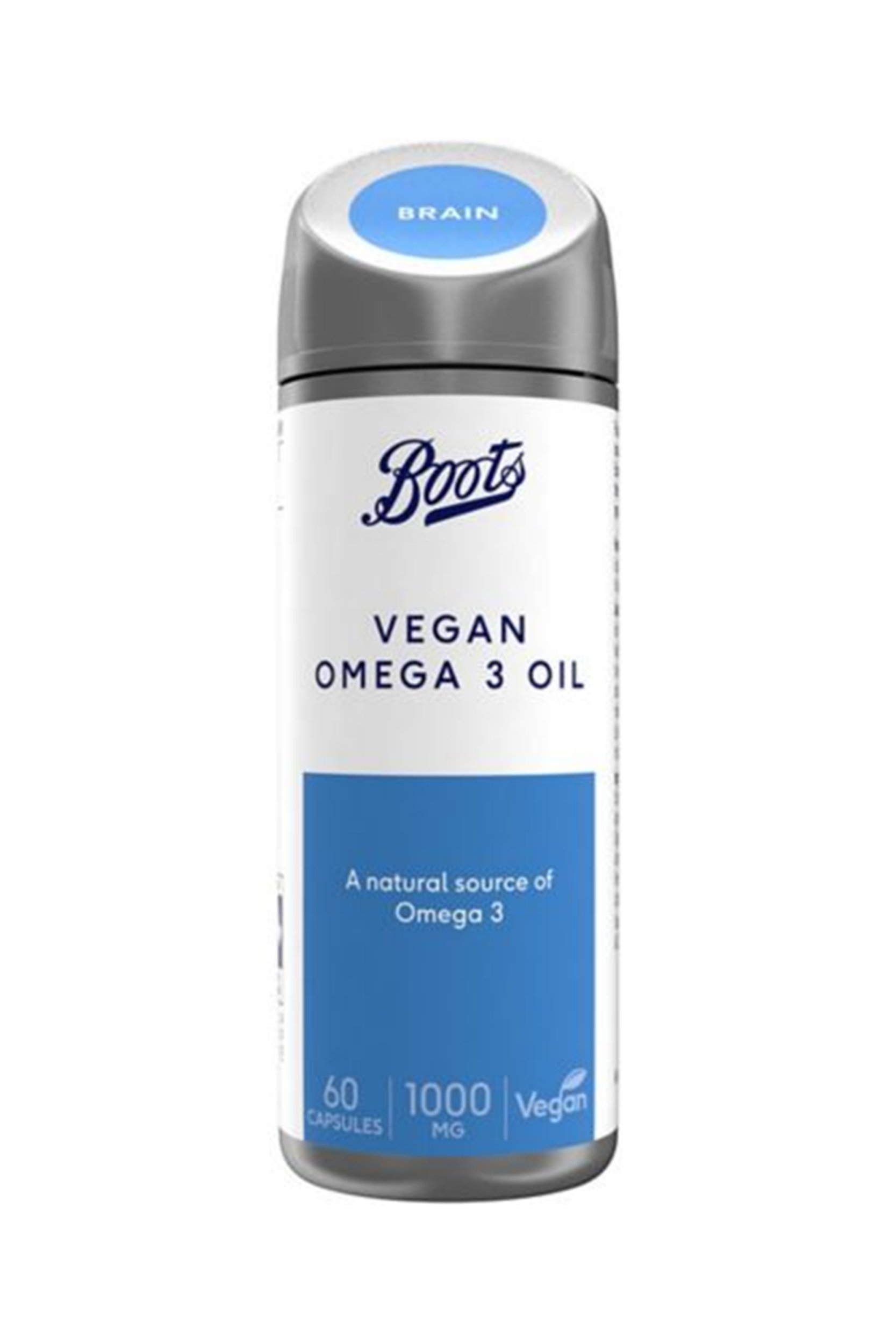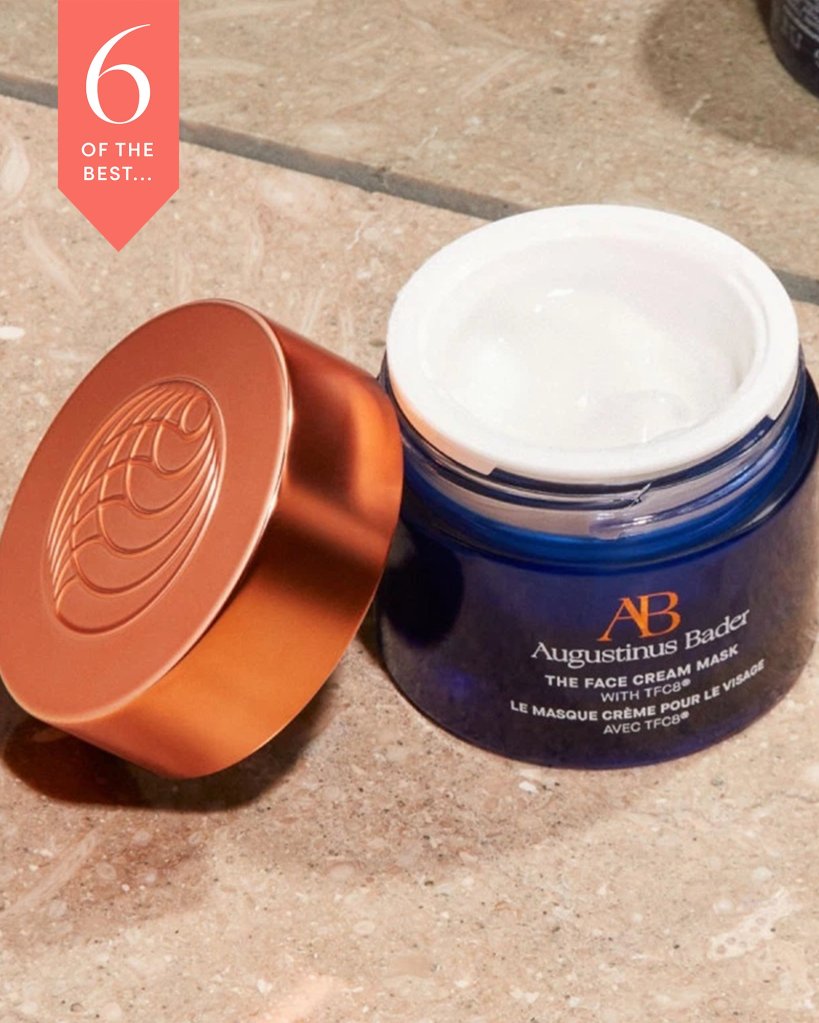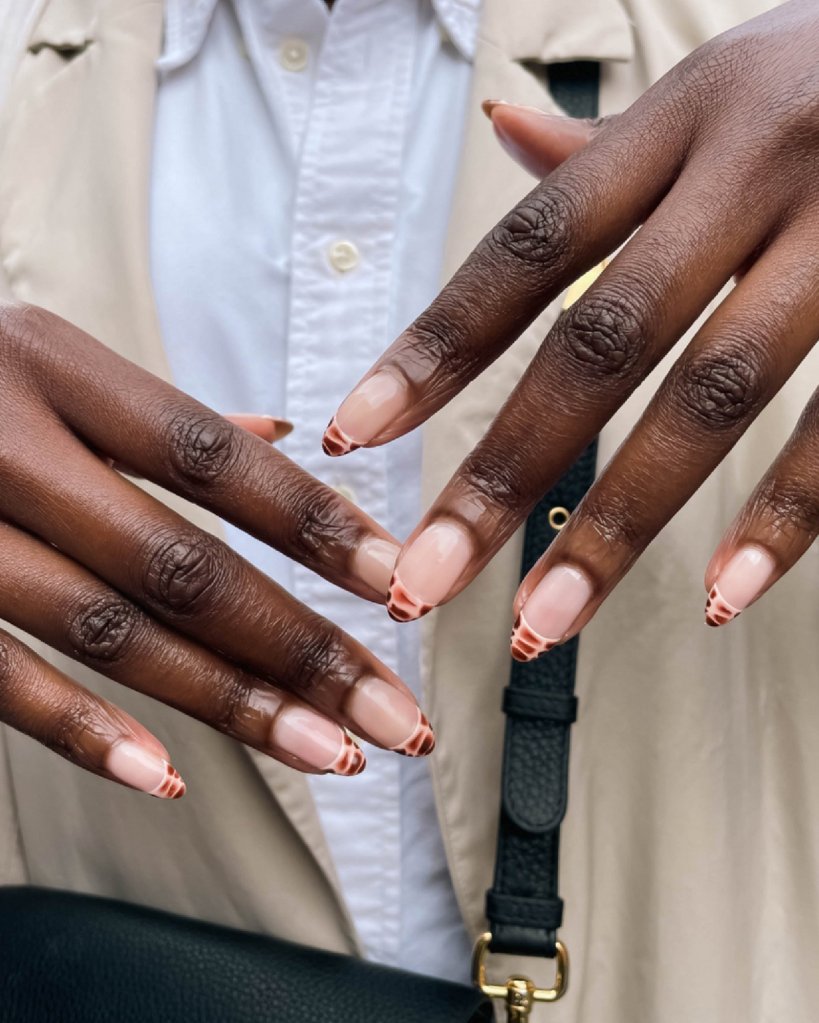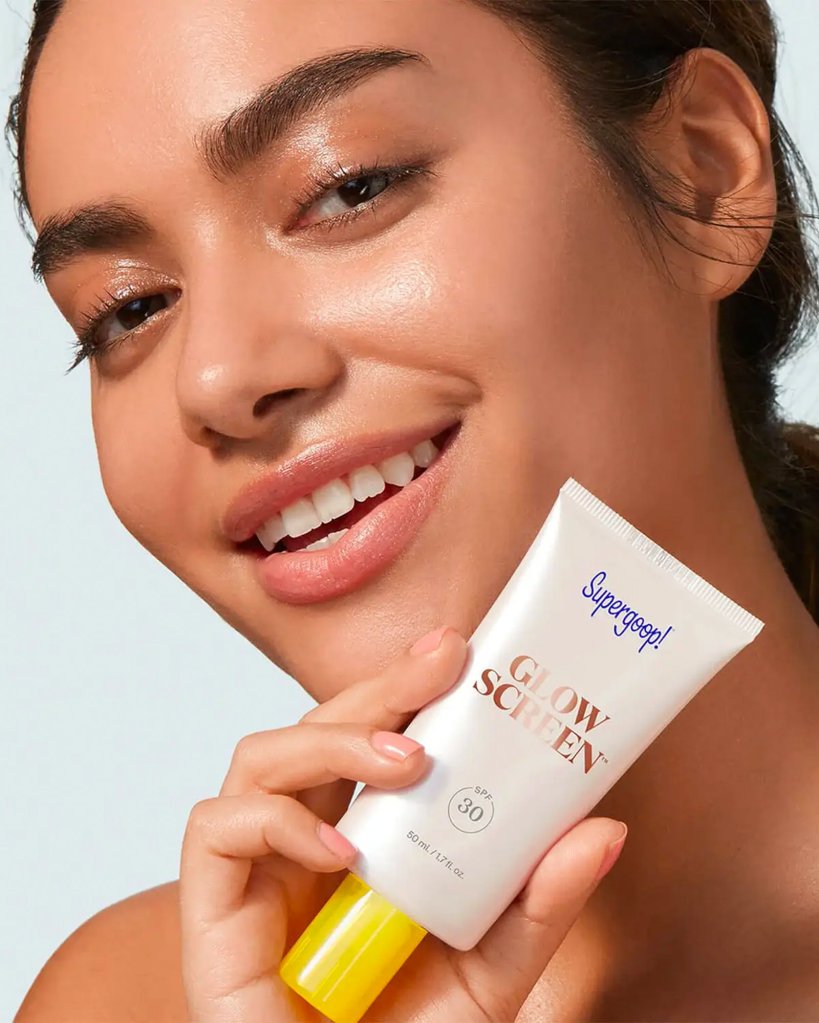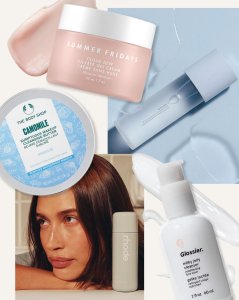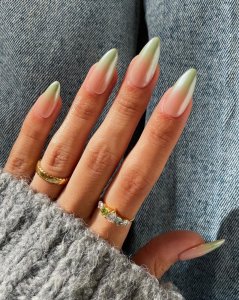The world of supplements is a minefield. Every shop you visit, every website you click on, is full of seemingly endless options and bold claims that these magic pills and powders can do everything from encouraging hair growth to fixing your sleep pattern and even ensuring you’ll live until you’re 150. (Okay, so maybe not the last one, but you see where I’m going with this.)
It’s a saturated market that is, quite frankly, overwhelming. So, how do you know which brands to trust? Which formulas actually work? And, crucially, which supplements you even need to be taking?
Without doing proper research, you could be wasting your hard-earned money on products that are either ineffective or not suited to your body’s needs – which is why I’ve put together this guide to help you on your way to finding the perfect supplement solution.
What does my body need?
First of all, it’s important to establish what you actually need to be taking – as everyone will be different.
“If we all ate a perfectly balanced diet with sufficient sunlight exposure, then the average healthy human would not need to take vitamin or mineral supplements,” Georgia Wilson Waterworth, co-founder of supplement brand Enity tells me.
However, common factors of modern, busy life, such as “being time poor, geographical factors and the soil being nutrient-deficient, mean we do not necessarily get the nutrients we need through food.”
So, in order to determine which vitamins and minerals your body is lacking in, it’s important to take stock of your body’s current state.
Dr Zoe Williams, NHS GP and resident medical expert on This Morning, says: “First, make a self-assessment of what you may be lacking or whether you have any additional needs – during pregnancy for example; when women should take folic acid and vitamin D or a pregnancy multivitamin.”
“People who don’t eat any fish may benefit from taking omega-3 supplements (as the best dietary source for this is oily fish). Equally, those who live a vegan lifestyle may benefit from a range of different nutrients in supplement form.”
If in doubt, speak to your doctor first. NHS doctor and Eliza columnist Dr Kemi Fabusiwa advises: “Go to your GP and get a blood test. Ask specifically for vitamin D, zinc and iron levels [to be tested]. Deficiencies in these vitamins and minerals can lead to inflammatory skin disease, hair loss and brittle nails.”
How can I check what’s in my supplement formulas?
Unfortunately, it’s not as simple as typing ‘vitamin C tablets’ into Google and buying the first option that comes up. Try to avoid bold, sweeping claims and complex product descriptions and take note of the actual ingredients before you put them into your body.
“Look for the type of vitamin, the amount of vitamin in the product and what other vitamins are in it,” says Dr Kemi. “Often ‘aesthetic’ vitamins or vitamins contained in sweets and confectionary items don’t have enough of the vitamin inside to confer significant benefit to your skin and hair, which means that you’re mostly ingesting sugar.” Not ideal.
So, keep your eye on the ingredients list – look at both what’s in the supplement and how much of the vitamin and mineral is in there.
“Two important factors are how much of the vitamin or mineral is in each suggested dose. This is often given in weight as well as RDA (recommended dietary allowance) or NRV (nutrient reference value) percentages.”
“These percentages give you an idea of how much is recommended [for a person to take] on a daily basis and gives you a reference point of how much the product contains,” says Wilson Waterworth.
Basically, if the product contains a much lower dose than the recommended dietary allowance, it won’t be providing the actual amount your body needs.
“Some products have a huge ingredient list of vitamins and minerals, but if they are super low in amount it is quite ineffective,” continues Wilson Waterworth. “The same goes for the body’s ability to absorb super high doses or huge numbers of ingredients.”
How can I make sure I take supplements safely and effectively?
There’s no point in going to all this trouble to find the right supplement if you then take it in the wrong way. So be sure to check the packaging/leaflet/product’s website for any details on the optimum time to take it – whether it’s once a day, multiple times a day or with or without food. And be sure to check with your doctor before combining supplements with any medications.
What happens if I overtake too many vitamins?
Turns out, you can have too much of a good thing – and overdoing it on vitamins and supplements can actually cause bodily harm.
As Dr Zoe explains, while we are constantly told that it is recommended by the NHS to take Vitamin D (10 micrograms) each day, “toxicity can occur if people take ten times the amount.”
“Vitamin D is often also included in other supplements, such as multivitamins. So people taking handfuls of vitamins each day should be aware.”
Dr Kemi also says, ‘Taking too much of a vitamin could potentially be dangerous and lead to conditions such as hypervitaminosis [which occurs when you have too much vitamin A in your body].”
How long will supplements take to work?
Will you notice a major difference after taking supplements? Well, it depends on what you’re taking and how much your body actually requires it.
From my personal experience, I’ve found it easier to track the obvious benefits of taking supplements for physical concerns, such as hair and nail growth, acne and even gut health.
Supplements for fatigue and immune support might not be as obviously noticeable, but over time you begin to see a difference in your overall health and wellbeing.
The best supplements to take
These are the six supplements I’ve found to make a noticeable difference when it comes to everyday health and beauty concerns:
The hair, skin and nail booster: Vitabiotics Perfectil Max, £23
As someone whose nails are typically short and brittle, Perfectil has long been my supplement of choice to give them a boost – and its new Max formula is even more effective.
It consists of two tablets: one containing micronutrients, such as selenium and vitamin C, and another capsule with Omega-3 and Onega-6 fatty acids, to provide a range of vitamins and minerals to improve the condition of hair, skin and nails.
A great all-rounder to incorporate into your everyday routine.
The immune booster: Enity Vitamin D, Zinc & Magnesium, £25
We’re all even aware of the benefits of Vitamin D and its effect on our immune system. It’s something we can naturally get from the sun – however, thanks to the UK’s delightfully un-sunny climate, it’s important that we keep our levels topped up throughout the winter months to support bone, muscle and general health.
This vegan formula, from natural supplements brand Enity, contains only a handful of ingredients, blending vitamin D with zinc (to contribute to cognitive function, protein synthesis and even fertility) and magnesium (which helps reduce tiredness and balances electrolytes in the body) for a three-pronged boost for your immune system.
The skin solver: Hum Nutrition Skin Squad Pre+ Probiotic Clear Skin Supplement, £44
This was recommended to me by a friend and beauty editor, who swears by it for keeping her acne-prone skin clear. And she’s not the only one: in a dermatologist-supervised study based on women with non-cystic acne taking the product for 60 days, 88% reported a decrease in breakouts.
Hum’s Skin Squad supplements feed the good bacteria in the gut and work to decrease redness, dryness and irritation in the skin in order to improve its overall texture and quality. Expect to see results within 4-6 weeks of incorporating them into your daily routine.
The bloat buster: Symprove, £79 for a four-week supply, or from £39.99 per month if you’re a subscriber
So, admittedly, this isn’t the cheapest product on the market. But it really works. As someone with a very sensitive stomach who practically bloats when I look at a plate of food, taking Symprove has drastically improved my gut health.
The liquid formula, which is packed with live, active bacteria, must be kept in the fridge and taken each morning before food (remember what I said about reading the instructions?) because it doesn’t trigger digestion. That means the bacteria is able to pass through your stomach and actually reach the gut and get to work, instead of being killed off during digestion – a common issue with many products that claim to support gut health.
After taking Symprove, I’ve noticed a dramatic difference in my bloating, my (ahem) digestive processes and it’s even made my skin clearer. I’m a dedicated fan.
The fatigue-fixer: Beauty Pie Daily Magnesium, £30 or £15.50 with a Beauty Pie membership
We’ve already briefly covered the benefits of magnesium, but it comes into its own with this Beauty Pie supplement, which is free from artificial preservatives.
Magnesium contributes to the maintenance of bones and teeth, the normal functioning of the nervous system and it also activates the parasympathetic nervous system – the network of nerves that calms and relaxes the body. Taking magnesium can therefore lead to a deeper, sounder sleep, plus increased energy levels throughout the day. Win.
The vegan support: Boots Vegan Omega 3 Oil, £8
Omega-3 fatty acids can help to prevent heart disease but they are not naturally produced by the body, so we are often encouraged to incorporate oily fish (a source high in these fatty acids) into our diet in order to keep these levels up.
However, for those following a vegan or vegetarian diet, eating oily fish or taking supplements derived from fish isn’t an option, which is where flaxseed comes in. Flaxseed is a rich source of omega-3, and this supplement from trusty Boots is a great option for those following a plant-based diet.
